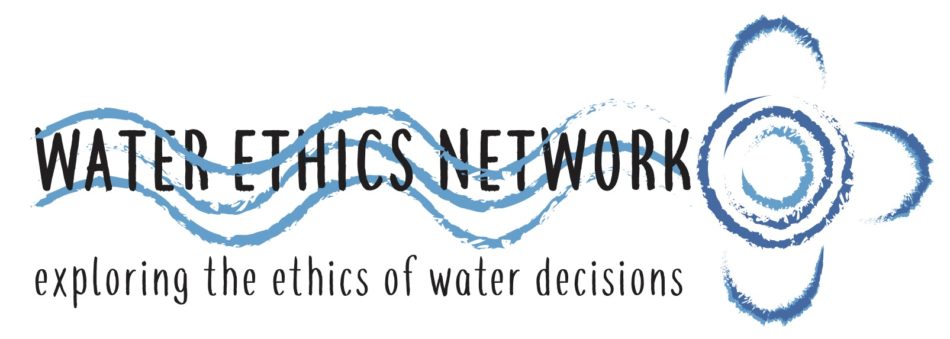 The Water Ethics Working Group is co-organizing a workshop on water and ecocentrism at Willamette University (Salem, Oregon) on June 16-17, 2017. The workshop is primarily organized by Dr. Susan Smith, also a member of the Water Ethics Working Group. The workshop comprises a public series of talks on Friday afternoon, June 16, and then a Working Group meeting on Sat. morning.
The Water Ethics Working Group is co-organizing a workshop on water and ecocentrism at Willamette University (Salem, Oregon) on June 16-17, 2017. The workshop is primarily organized by Dr. Susan Smith, also a member of the Water Ethics Working Group. The workshop comprises a public series of talks on Friday afternoon, June 16, and then a Working Group meeting on Sat. morning.
Details:
Seeking Water Justice: Hearing the Voice of the Sacred Salmon
Afternoon and Evening, June 16, 2017, with additional activities, June 17-18.
Please join us Friday afternoon, June 16, 2017 at Willamette University in Salem, Oregon to participate in a conversation about water and eco-centrism. This afternoon workshop will feature discussions among water resources activists, professionals and scholars, along with experts in conflict management, ethics, and theology, broadly exploring the theme of water and eco-centrism. The workshop is sponsored by Willamette’s Sustainable Environment, Energy, and Resources law program and the Water Ethics Working Group, Sustainable Water Future, Global Future.
The first session focuses on Native American and First Nations spiritual perspectives — particularly with respect to human responsibilities towards water, salmon and other species — and the power of those perspectives to radically alter traditional water resource management. Our discussion will be sparked by three brief presentations highlighting contributions of indigenous peoples to resolving water and fisheries conflicts in the Klamath Basin, the Columbia River, and the broader Pacific Northwest area.
The second session will dive deep — exploring whether and how our deep values, spirituality, and faith should reshape the way we interact with water and the lives that depend upon it, and how we might harness that transformative potential. Participants are invited to share knowledge about the values various faith communities and cultures place on water and non-human life, along with the implications of those values for governing water with a truly eco-centric perspective.
A reception and light dinner will give us an informal opportunity to continue our conversation.
On Saturday morning, we will have a working meeting of the interested participants. The water ethics working group of the Sustainable Water Future program will be gathering to identify its research directions and publications, particularly those suggested by Friday afternoon’s conversation. The working group will be considering a proposed publication on transforming water resources management towards an eco-centric perspective, tentatively titled “Transforming Water.” Participants interested in contributing articles or chapters to this or other publications are cordially invited to attend.
The workshop is limited to 32 participants. Contact Professor Susan Smith immediately if you are interested in participating, smiths@willamette.edu or +1 (503)586-8619. No fee will be charged to invited participants and participants will be covering their own expenses to attend.
